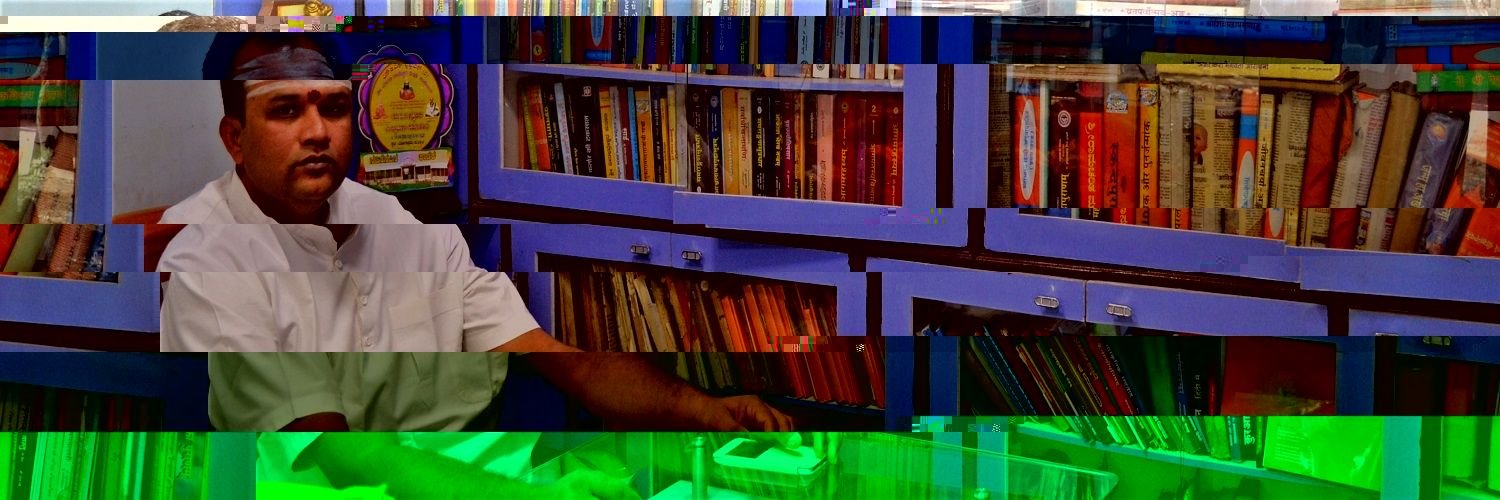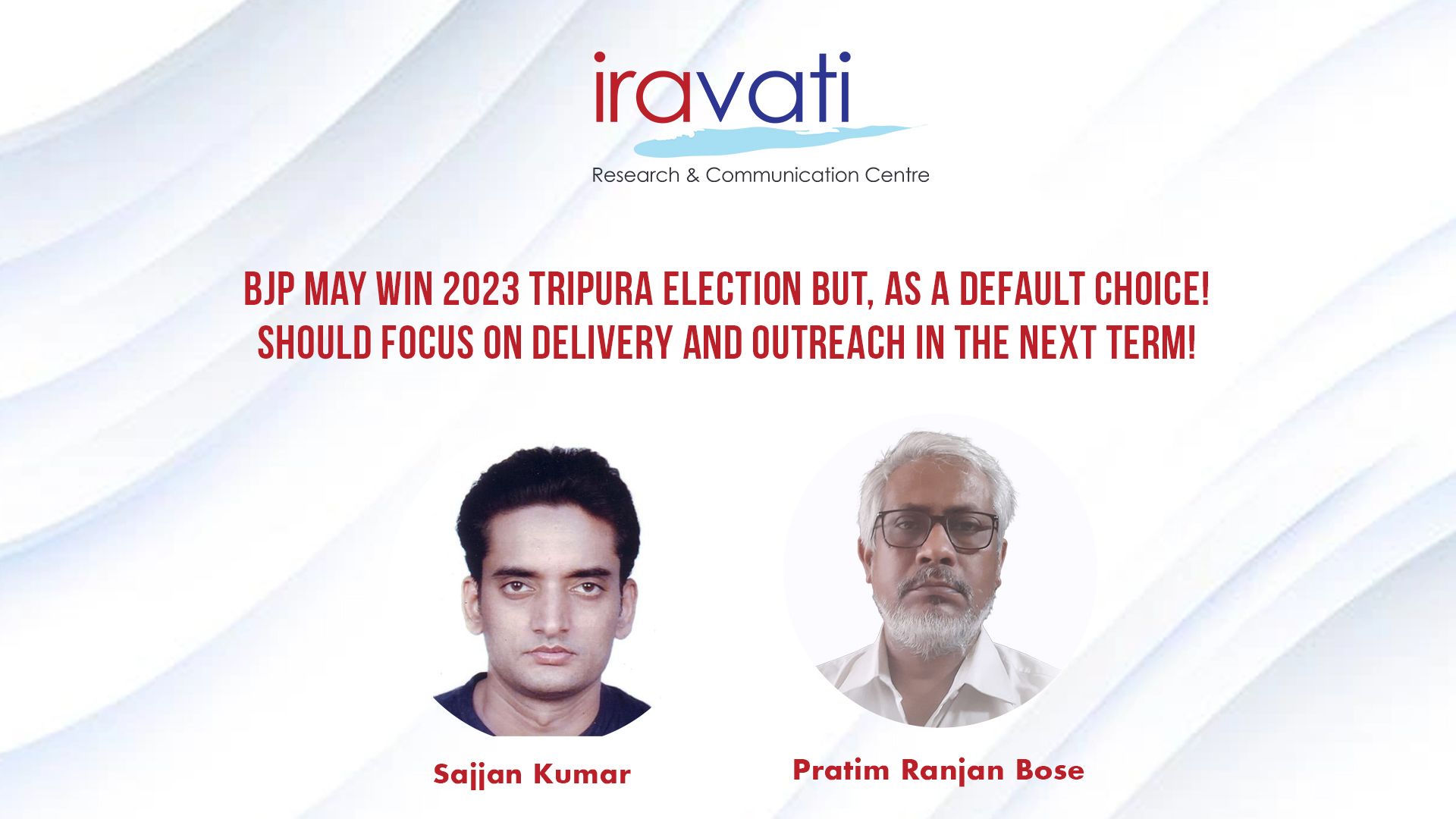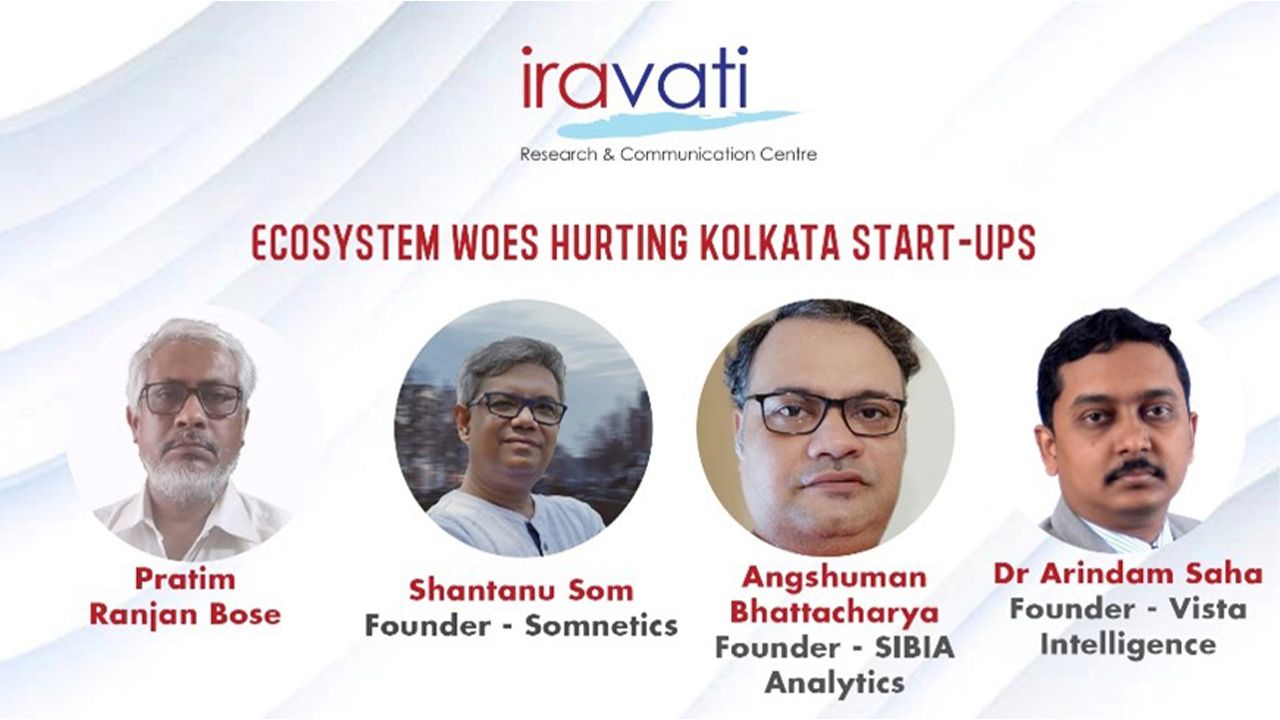Role of Leadership in Digitally-Powered Higher Education in NEP 2020 World
Prof. (Dr.) Mahul Brahma
Post On > Apr 15 2022 2617

With the National Education Policy (NEP) 2020 in action, UGC now has a renewed spirit to bring in digital dynamism to a critical segment like higher education that needed a thorough shake-up for quite some time now. In such a scenario, academic leaders also need to adapt to the new world that digitisation of higher education had brought forth. Here are 10 such aspects that the leaders need to explore and adapt to shape the future of higher education in India.
- Managing Blended and Online Education: Higher education would increasingly become blended in the next one decade. In fact, it would not be surprising if higher education starts following the 40:60 model where 40 per cent of the lessons would be delivered offline while 60 per cent would be primarily online. In such a scenario, an effective and futuristic leadership along with an adaptable spirit can go a long way in maintaining the standard of curriculum and achieving coherence and cohesion in academic delivery. This would also pave the way for partial campus-less, degree-less, value-based and skill-centric education.
- Managing Diversity: Across the globe, higher academic institutions are investing in creating and retaining diversity. Factors such as race, language, religion, gender, class, caste, sexuality and culture are being given enhanced importance. Intersectionality is a raging reality in higher education today. The crafting of a diverse and multicultural environment at an institution of higher education prepares the citizens of tomorrow. Such an environment can be efficient handled only when the leadership knows the way forward and is essentially adaptable in its approach.
- Managing Changes: Higher educational institutions can be notorious when it comes to implementing important changes. On multiple instances, such changes are resisted thus resulting in stagnation. In a country like India, this has been often cited as a huge problem. Given the dynamic nature of contemporary education, changes are required every day. Only a strong, decisive and adaptable leadership can handle these changes on a sustained basis.
- Managing Academic Co-Creation: The transformed global ecosystem encourages collaboration and coopetition that result in co-creation. This is applicable for higher academic institutions as well. The third decade of the 21st century demand creative collaborations between academic institutions from across the globe to create meaningful experience for students. This process needs a progressive and adaptable leadership that understands the drift of the society.
- Financial Leadership: Governments the word over (even in principally socialist economies) have stopped subsidizing higher education. This has resulted in higher academic institutions creating financial resources of their own through an increased collaboration with the industry and in-house profitable industrial activities. This has created the necessity for an effective and adaptable leadership that has a certain financial vision.
- Managing Communication: An higher education institution survives on effective and clear communication between its different units and with external entities. In the absence of a definite communication strategy, a higher education institution can never be successful. This is where a decisive and adaptable leadership comes in handy in terms of setting the communication goals and devising communication strategies.
- Managing Intellectual Acumen: Any higher education institution develops through the intellectual products developed by its students and faculty members. The creation of meaningful intellectual products largely depends on the academic vision of an institution. An effective and adaptable leadership can ensure that the creative spirits of the students and faculty members are given a proper direction. This in turn has the potential to transform the fortune of not just the concerned students and faculty members but the academic institution itself.
- Strategic Management: The overall development of an academic institution is largely dependent on the number of innovative measures that it takes in terms of improving academic activities, developing industrial relations, promoting entrepreneurship and creating an ecosystem for futuristic thinking. An effective and adaptable leadership can play a significant role in aiding the overall process.
- Managing Social Responsibility: Higher academic institutions are not just units that churn out students. They have a bigger social responsibility as well. They have the intrinsic responsibility to fight social evils and confront discrimination. This is an areas where an effective adaptable leadership can draft the way forward for an higher academic institution.
- Managing Outcomes: The need of the hour is to ensure that higher academic institutions let go their essentially philosophical approach towards outcomes. Contemporary socio-economic structure demands that even a higher education institution defines its achievements in terms of measurable outcomes. Only then, a culture of efficient and transparency can be promoted. A decisive yet adaptable leadership can streamline the deliverable targets for a higher education institution.
* Mahul Brahma is Professor and Dean, School of Media and Communication, Adamas University. Views expressed are his own.
** Photo by Kimberly Farmer on Unslpash

123
2025-07-27 20:33:14

asd
2025-07-27 20:31:39

Northeast Energy Scenario Part-1: Paradigm shift in petroproduct availability and consumption
2023-03-28 16:22:05

Consolidation of 'indigenous' votes aligned Tripura's political landscape with the rest of the northeast.
2023-02-16 08:51:53

Why Kolkata doesn’t have a Unicorn ?
2023-01-28 09:53:57

Social media literacy should be mandatory in UG curriculum
2022-11-30 12:00:53
